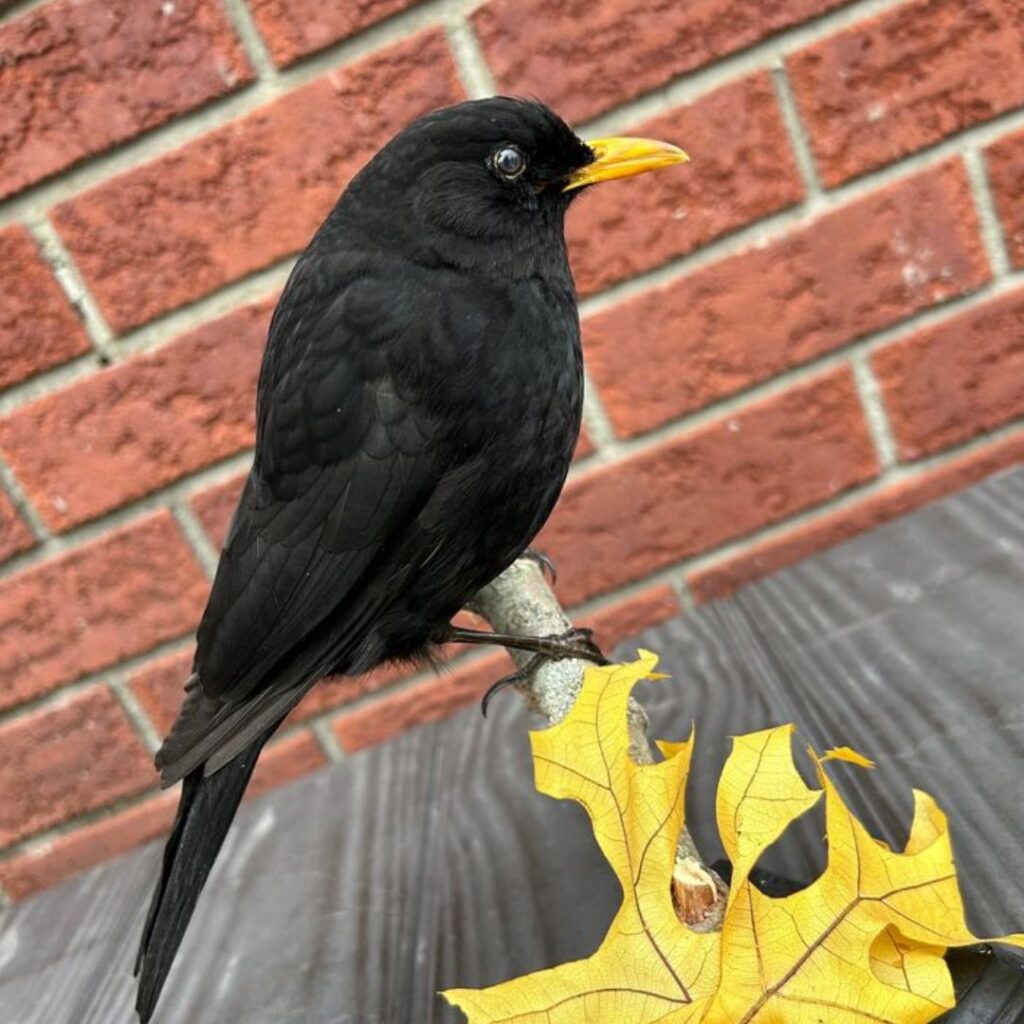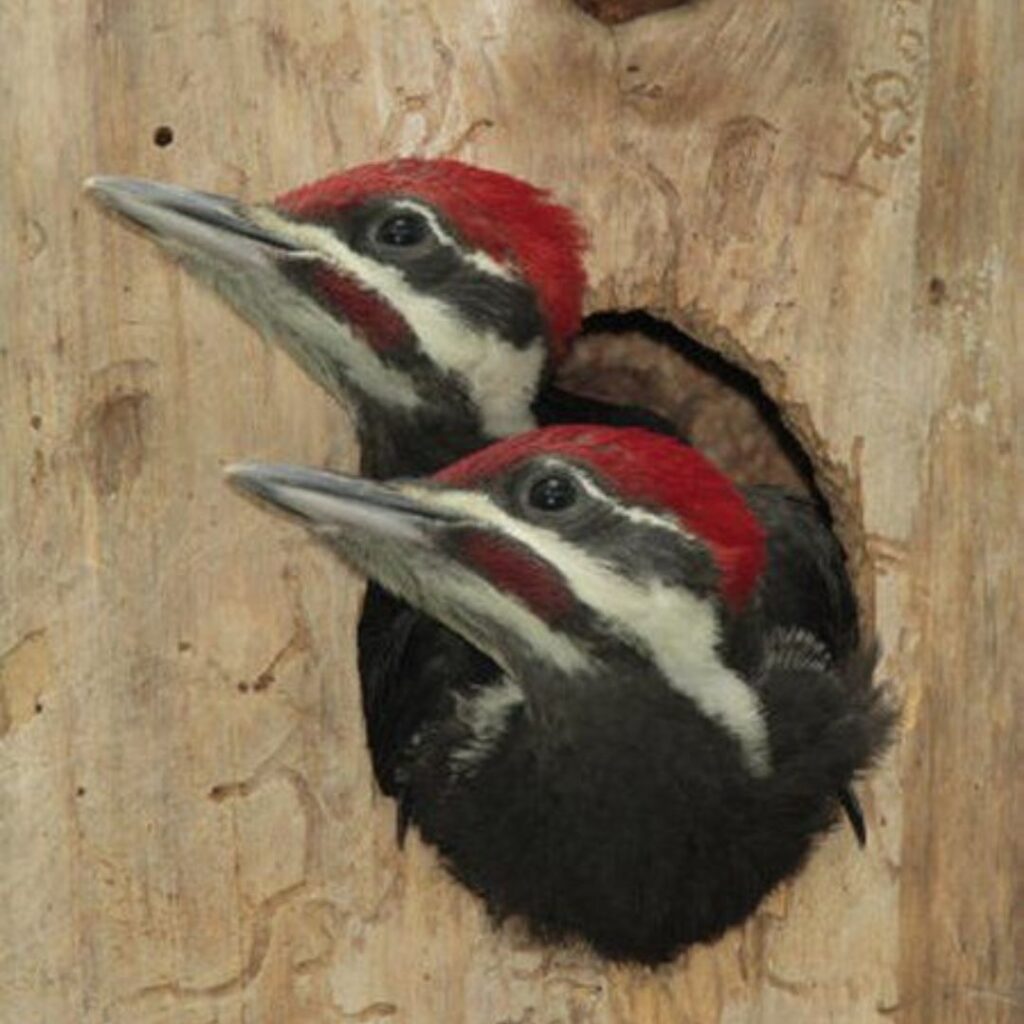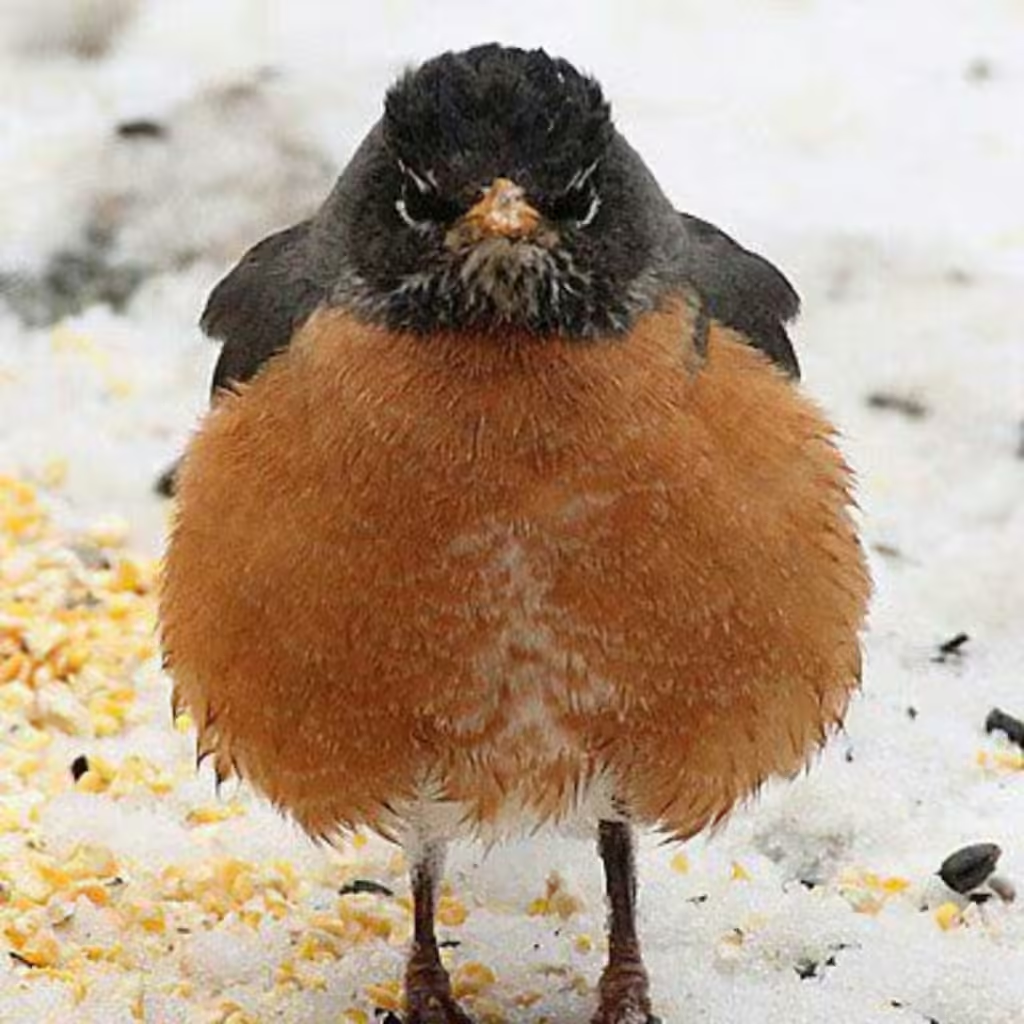
Golf and birdwatching might seem like unrelated pastimes, but they share an intriguing connection through a single word: birdie. This term bridges the gap between the natural world and the manicured greens of golf courses. Let’s explore the fascinating intersection of avian life and golf terminology, focusing on the birdie.
Also Read: What Are the 7 Levels of Classification for a Bird?
The Birdie: A Golfing Achievement
In golf, a “birdie” refers to a score of one stroke under par for any given hole. For example:
– On a par-4 hole, a score of 3 is a birdie
– On a par-3 hole, a score of 2 is a birdie
– On a par-5 hole, a score of 4 is a birdie
Golfers celebrate birdies as significant achievements, often marking them with a small circle on the scorecard.
The Origin of the Term “Birdie” in Golf
The story behind this avian-inspired golf term is quite interesting:

1. It originated in the late 19th century in Atlantic City, New Jersey
2. The Smith brothers and their friend, George Crump, coined the term during a game
3. After a particularly good shot, one of them exclaimed it was a “bird of a shot”
4. The term “birdie” soon caught on and spread throughout the golfing world
Birds in Golf: Beyond the Birdie
While “birdie” is the most common bird-related term in golf, others exist:
1. Eagle: A score of two under par on a hole
2. Albatross (or Double Eagle): A score of three under par on a hole
3. Condor: An extremely rare score of four under par on a hole
These terms follow a pattern of increasingly rare and impressive birds, mirroring the difficulty of achieving such scores.
The Connection Between Birds and Golf Courses
Golf courses often provide habitats for various bird species:
1. Water hazards attract waterfowl like ducks and geese
2. Trees and shrubs offer nesting sites for songbirds
3. Open fairways provide hunting grounds for birds of prey
4. Many golf courses participate in conservation efforts to protect local bird populations

Birdwatching on the Golf Course
Some golfers combine their love of the game with birdwatching:
1. They carry binoculars along with their golf clubs
2. Scorecards sometimes include space for noting bird sightings
3. Some courses offer guided birdwatching tours during off-peak hours
4. Golf course managers often work to create bird-friendly environments
The Impact of “Birdie” on Golf Culture
The term “birdie” has become deeply ingrained in golf culture:
1. It’s used by players of all skill levels, from amateurs to professionals
2. Tournaments often track “birdie averages” for players
3. The term has inspired golf course names and logos
4. “Birdie” has entered everyday language as a metaphor for a small victory or achievement
Interesting Facts About Birdies in Golf
1. The first recorded birdie in a major championship was in 1899 at The Open Championship
2. Professional golfers often aim for multiple birdies in a single round
3. Some golf courses are known as “birdie courses” due to their relatively easy scoring opportunities
4. The term has been adopted in other languages, sometimes with slight variations

How to Increase Your Chances of Scoring a Birdie
For aspiring golfers, here are tips to improve your odds of scoring a birdie:
1. Practice your approach shots to improve accuracy
2. Work on your putting skills to capitalize on birdie opportunities
3. Study the course layout to identify potential birdie holes
4. Stay mentally focused and don’t let the pressure of a potential birdie affect your shot
Also Read: 11 Common Backyard Birds of North Carolina
Conclusion
The term “birdie” in golf beautifully illustrates how language can create unexpected connections between different aspects of life. This avian-inspired word not only adds color to the vocabulary of golf but also serves as a reminder of the natural world that surrounds the carefully cultivated golf courses.
Whether you’re an avid golfer, a birdwatching enthusiast, or simply someone intrigued by language, the concept of a birdie in golf offers a unique perspective. It reminds us that even in the most structured and rule-bound activities, there’s always room for a touch of nature’s whimsy.
So, the next time you hear someone exclaim “Birdie!” on a golf course, you’ll know they’re not pointing out a feathered friend, but celebrating a small victory in the game. And who knows? This knowledge might just inspire you to pick up a golf club or a pair of binoculars – or both!
Pingback: Backyard Birds of Maryland | Pet Care Sensei
Pingback: What's the Difference Between Birding and Bird Watching?